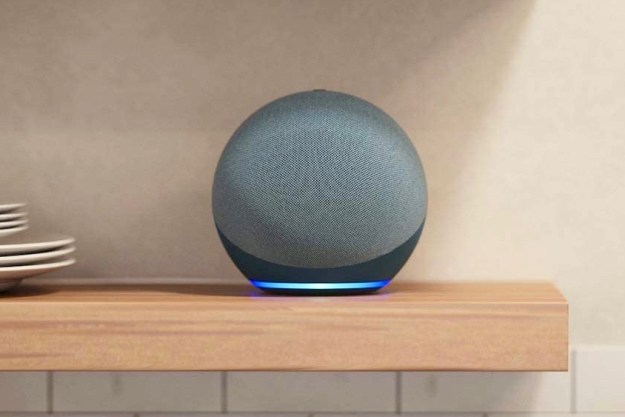
As it stands, Amazon does not allow developers access to this kind of information, which puts the company at odds with its competitors. Google, for example, has informed its developers that they will indeed be able to access this sort of data.
But why the interest in these transcripts? Developers believe that being able to see how users actually interact with assistants like Alexa, Google Home, and the like, would allow them to improve their services. After all, these assistants get better the more they’re used, and as such, developers could ultimately create better, more meaningful responses if they’re able to access more information about use habits.
The Information reports that Amazon already shares some transcripts with certain “white listed” developers, but this isn’t a privilege that is broadly available — not yet, at least. And an Amazon spokesperson told The Verge that when an Amazon customer makes use of an Alexa Skill, Amazon only gives the developer the information needed to process the actual request. “We do not share customer identifiable information to third-party skills without the customer’s consent. We do not share audio recordings with developers,” the spokesperson said.
It’s not surprising, of course, that folks may be less than eager to have their conversations with Alexa shared with strangers. And Amazon has faced a similar dilemma before — last year, law enforcement asked Amazon to hand over audio files related to a murder case. While Amazon initially refused, insisting that this represented an overly broad invasion of privacy, the company ultimately relented this year (but only after the suspect in the case noted that he would be willing to provide them).
So be careful of what you tell Alexa, friends. You never know how private it really may be.
Editors' Recommendations
- What to do if your Amazon Alexa app is not working
- Amazon might launch a paid version of Alexa later this year
- Alexa adds new features to help with your holiday shopping
- Alexa vs. HomeKit: Which smart home platform is best?
- Are smart blinds worth it?


